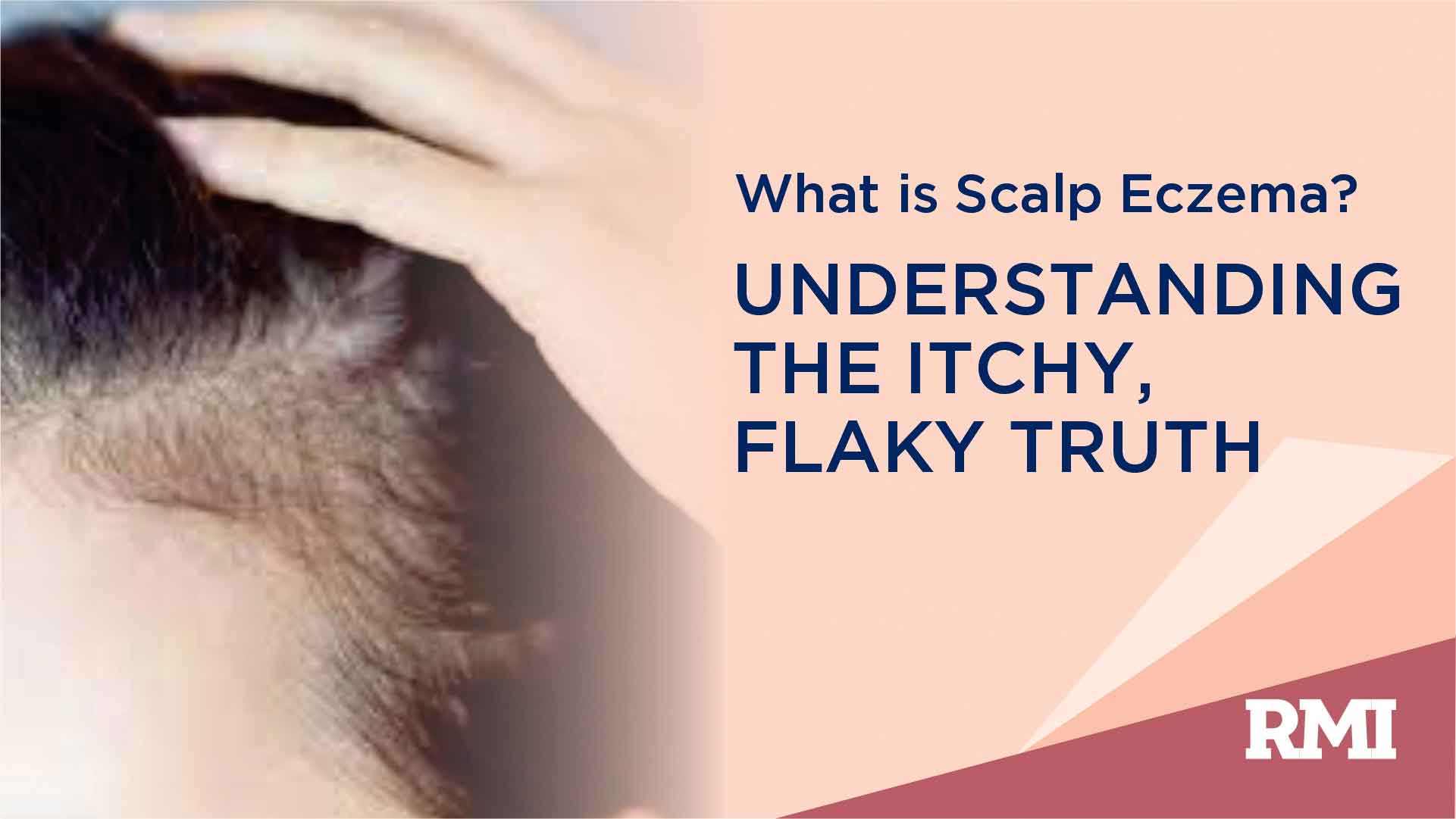Scalp eczema, also known as seborrheic dermatitis, is a common skin condition that causes itchy, flaky patches to form on the scalp. It can be a frustrating and embarrassing condition, but understanding the causes and treatments can help you manage it effectively.
Symptoms of Scalp Eczema
The most common symptoms of scalp eczema include:
- Itchy scalp
- Flaky or scaly patches on the scalp, which may be yellow or greasy
- Redness and inflammation of the scalp
- Hair loss, in some cases
Causes of Scalp Eczema
The exact cause of scalp eczema is unknown, but it is thought to be related to a combination of factors, including:
- Genetics
- Fungal overgrowth of a yeast called Malassezia
- Sebum (oil) production
- Stress
- Cold weather
- Skin conditions like psoriasis or dandruff
Types of Scalp Eczema
There are two main types of scalp eczema:
- Seborrheic dermatitis: This is the most common type of scalp eczema, and it typically affects adults.
- Cradle cap: This is a type of seborrheic dermatitis that affects babies. It usually appears within the first few months of life and clears up on its own within a year.
Treatment for Scalp Eczema
There is no cure for scalp eczema, but there are a number of treatments that can help manage the symptoms. These include:
- Over-the-counter shampoos and creams: These products contain ingredients that can help to reduce inflammation, itching, and flaking.
- Prescription medications: If over-the-counter treatments are not effective, your doctor may prescribe stronger medications, such as corticosteroids or antifungal creams.
- Light therapy: In some cases, light therapy may be used to treat scalp eczema.
Tips for Managing Scalp Eczema
In addition to using treatments, there are a number of things you can do to help manage scalp eczema, such as:
- Avoid scratching: Scratching can make the itching worse and lead to infection.
- Use gentle hair care products: Avoid harsh shampoos and conditioners that can irritate the scalp.
- Wash your hair regularly: Washing your hair regularly can help to remove excess oil and dead skin cells.
- Manage stress: Stress can worsen scalp eczema.
- See a doctor: If your scalp eczema is severe or does not improve with treatment, see a doctor or dermatologist.
Scalp eczema can be a frustrating condition, but there are a number of effective treatments available. By understanding the causes and triggers of your scalp eczema, you can develop a treatment plan that works for you.

